During a press briefing with members of the Malacanang Press Corps (MPC) on the 18th of June, Presidential Spokesperson Harry Roque was asked by a journalist to comment on a recent charge hurled at him by Opposition Senator Antonio Trillanes IV who claimed that the former has “sold his soul to the devil”.
In a witty retort, Roque replied: “I will never sell my soul to Senator Trillanes”.
The response drew laughter from the people present in the briefing room, and was a testament to the wit and cunning ability that the human rights lawyer and former congressman possessed.
(You can watch the aforementioned press briefing below)
While it was a brilliant rejoinder, it was also a shrewd evasion of the accusation made by Senator Trillanes. The “devil” which the former solder-turned lawmaker alluded to was the President himself, Rodrigo Duterte, whom Roque acts as the official mouthpiece for.
Being the President’s spokesperson entails that you tow the government’s official line, the statements you make to the media is on behalf of the Chief Executive and of his/her administration’s. Given that Roque was formerly a full-time human rights lawyer and activist, he has made past statements that do not necessarily conform and even contradict with his more recent pronouncements as the Presidential Spokesperson.
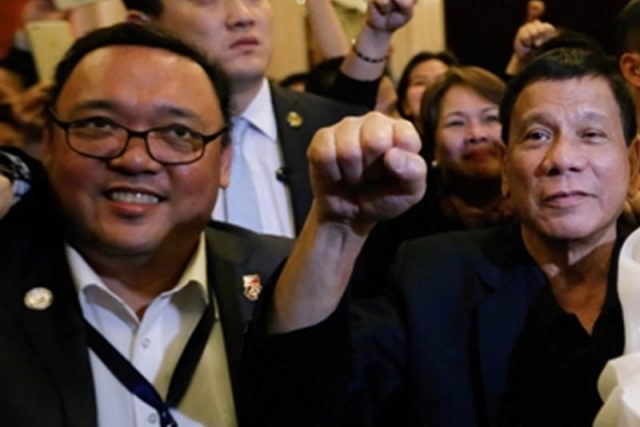
One might say that you can forgive the former congressman for the Kabayan party-list group for that given that he is merely speaking on behalf of the President. But would a principled person accept a role that entails defending positions or making assertions that do not align with your own moral values?
Surely a highly-educated person like Roque, who graduated from the University of Michigan Ann Arbor with a degree in political science and the University of the Philippines with a degree in law, would be aware of the preconditions for the role of Presidential Spokesperson?
And yet, Roque continues to serve at the pleasure of Duterte, making statements that his previous self would have otherwise opposed.
In 2015, as a lawyer who specializes in international law, Roque represented 16 Filipino fishermen – who were harassed by Chinese vessels while fishing at the disputed Scarborough Shoal – as they sued the People’s Republic of China (PRC) at the United Nations Commission on Human Rights (UNCHR). Regarding the event, he declared that China’s actions had violated the fishermen’s “rights to livelihood, right to life and their rights to the places of refuge for ships in distress”.
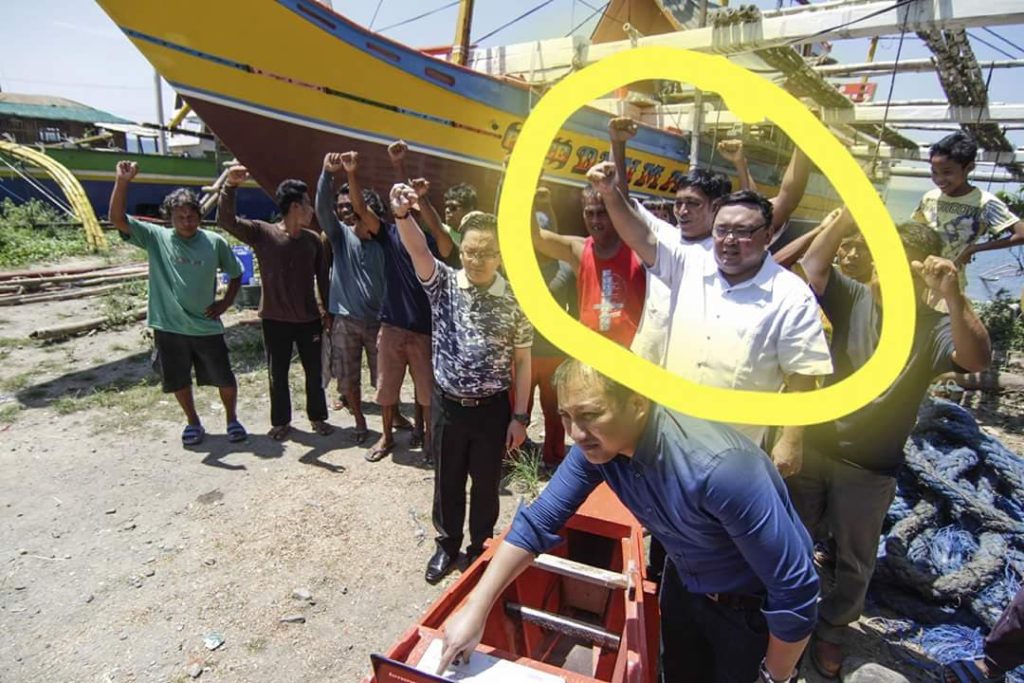
Indeed, during the previous administration of President Noynoy Aquino, Roque was a staunch critic of Chinese intrusions in the Philippines’ exclusive economic zone (EEZ) and was seen as a vocal defender of the rights of Filipino fishermen to access these waters. He once told a Senate panel that the PRC had “illegally taken possession” of Scarborough Shoal.
Nowadays, Roque is singing an entirely different tune with regards to the maritime disputes in the West Philippine Sea (WPS) with China. He has preferred to take a tamer approach to Chinese intrusions, declaring that the Philippines “won’t antagonize China” over these incidents.
As Presidential Spokesperson, he also strongly supported Duterte’s controversial remarks that the Philippines should look at a “co-ownership agreement” with China over oil and gas exploration in the WPS.
Roque’s position on China could not have been clearer when in March 2018, he implored Filipinos to “give China a chance”.
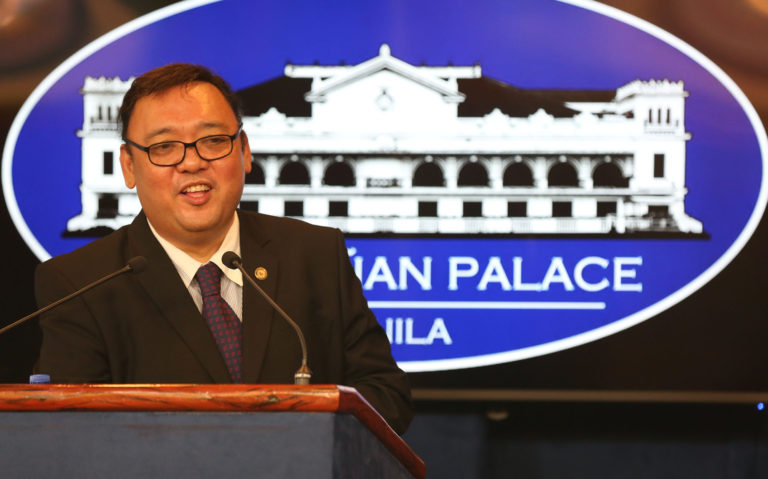
The friction with China over maritime borders is not the only issue which Roque has capitulated on, the elephant in the room is to ask how a self-proclaimed human rights lawyer could possibly work alongside the Duterte administration – which has a heinous record on human rights.
In 2003, he founded the Center for International Law (or CenterLaw) which is a law firm which specializes in human rights cases. Ironically, the advocacy group is today a staunch critic of the Duterte administration even if their founder is not.
Among the cases Roque handled was the infamous 2009 Maguindanao Massacre, which he served as counsel for 14 victims of the atrocity. He also endeavored to protect freedom of speech, becoming the legal counsel for radio broadcaster Alexander Adonis who was imprisoned for libel in 2007 for criticizing an influential politician.
However, the most high-profile case Roque was involved in was the 2014 murder of Filipino transgender Jennifer Laude by U.S. marine Joseph Pemberton. Add these cases to the already mentioned case involving the human rights lawyer representing Filipino fishermen against China in the UN Human Rights Commission and you have a bona fide human rights defender.

Which is why it came as such a surprise when Roque became a vocal defender of President Duterte against accusations that the latter is a human rights violator. He even insisted that the heavily-criticized war on drugs “makes streets safer”.
The Presidential Spokesperson once ridiculously postulated that “human rights groups may be unwitting tools of drug lords”. That statement was made in the aftermath of a filing of complaint against Duterte at the International Criminal Court (ICC) by human rights advocacy groups.
It was the prospect of being investigated by the global war crimes court which prompted the President to withdraw the Philippines from the ICC. Funnily enough, Roque – as an expert in international law – was an integral part of the country’s ratification of the Rome Statue, which he lobbied the Senate to accept for several years.
Despite that, he defended the government’s move to withdraw from the ICC. Roque’s declaration of support was criticized by the media, who had exposed his previous blog posts expressing jubilation at the ratification of the Rome Statue and the Philippines’ entry into the international court.
When asked how he can reconcile those two contrasting positions, Roque explained that when he became spokesperson he “has lost [his] personal opinions” and insisted his job was only to “speak the thoughts of the President”.
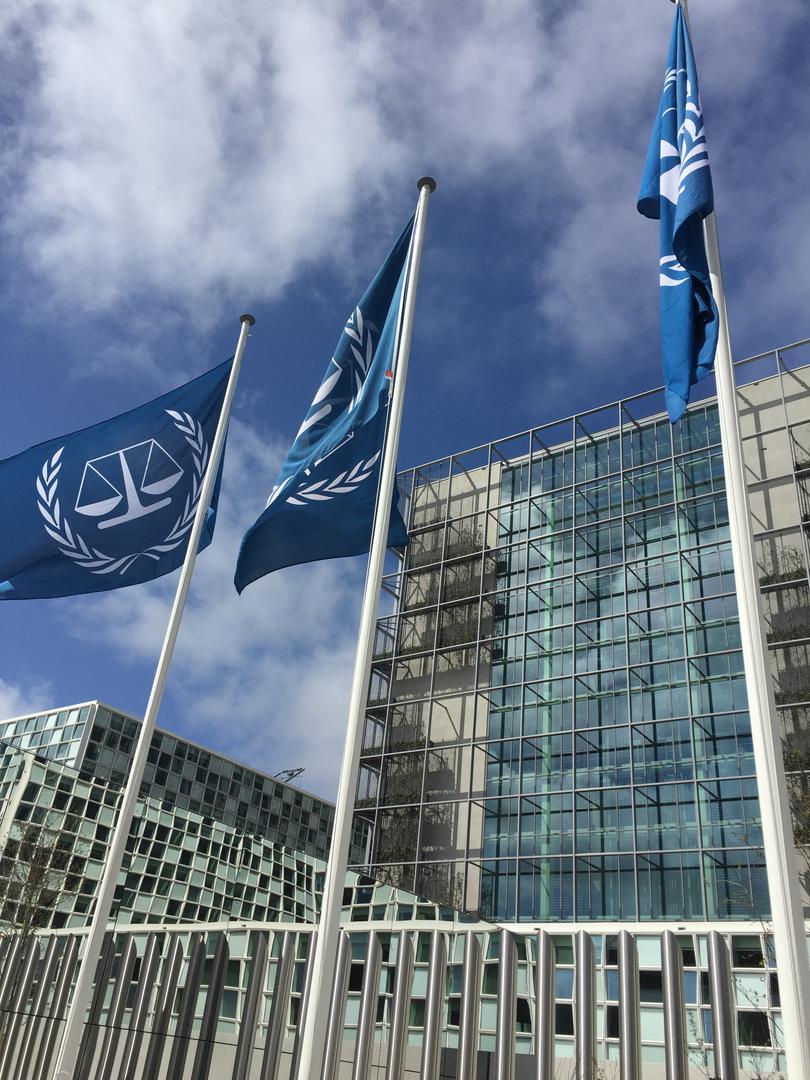
That statement is perhaps the most telling that Roque has made given how vividly it explains his recent change of heart. It is an admission that he has thrown his personal opinions, his principles, out the window to be accommodated into the lucrative government position.
Given how visible he will become as Duterte’s official mouthpiece, the role will also serve Roque’s political ambitions well. He is, after all, rumoured to be an administration candidate for the 2019 Senatorial elections.
For all the effort he put in as human rights defender and a valiant international law expert, the allure of a plum government job and a promising chance to snatch a seat at the country’s Upper House of Congress was simply too much for Harry Roque to maintain his principles.
Time will only tell if selling his soul to the devil was indeed a worthwhile barter.

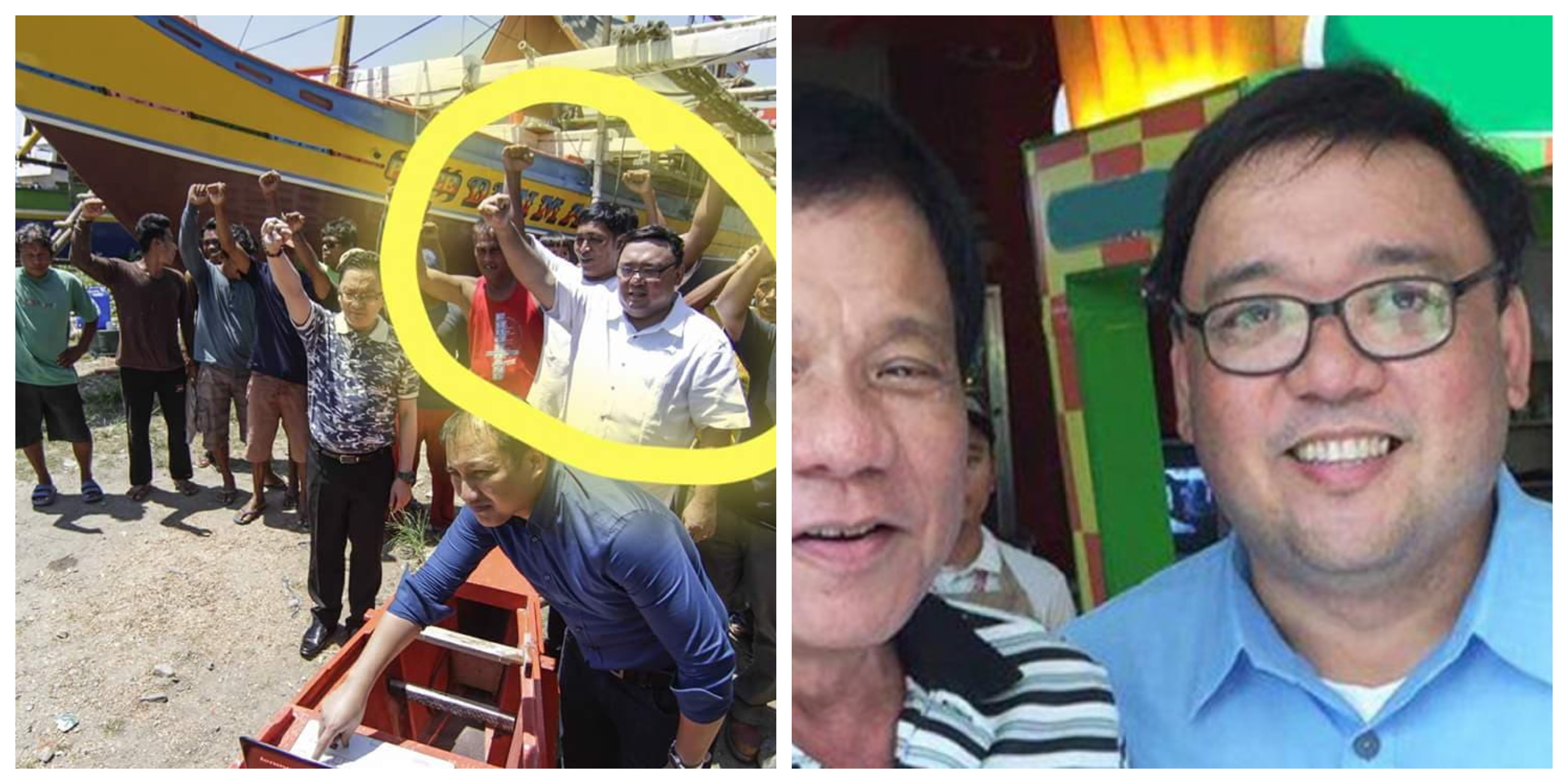
One thought on “The Selling-Out of Harry Roque”
Comments are closed.